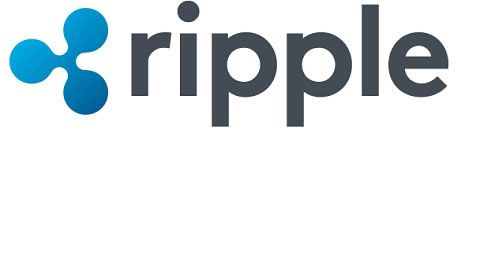How Specialized Blockchains are Revolutionizing the Future of DeFi
Specialized blockchains are revolutionizing decentralized finance (DeFi) by offering tailored solutions that cater to unique financial applications. A new wave of platforms like Berachain, Story (IPfi), Unichain, Monad, and MegaETH is emerging, challenging the conventional belief that a singular, general-purpose blockchain can effectively support all use cases. Rather, these innovative chains are paving the way for a future characterized by optimized environments that not only compete but also collaborate and coexist.
The Rise of Specialized Blockchains in DeFi
As financial institutions dive into the world of DeFi, the demand for high-performance platforms has never been clearer. These institutions, accustomed to traditional finance, seek:
- Performance-optimized platforms for high-speed trading
- Tokenized intellectual property management
- Advanced solutions for real-world asset markets
As these ecosystems evolve, several crucial questions arise surrounding cross-chain interoperability, institutional adoption, and competitive dynamics in DeFi infrastructure. The landscape is shifting rapidly, and reliance on general-purpose blockchains may soon become a liability.
Advantages of Specialized Blockchains
General-purpose blockchains are beginning to reveal their limitations as financial institutions enter the DeFi space. Advocates for specialization argue that these tailored infrastructures offer more than just technological improvements; they provide:
- Enhanced security guarantees
- Improved scalability for high transaction volumes
- Compliance features that align with institutional requirements
For institutions venturing into on-chain finance, attributes like predictable execution environments, regulatory-compliant frameworks, and minimized counterparty risks are crucial. Unlike general-purpose chains, specialized blockchains come equipped with these features, catering to real-world demands without requiring retrofitting.
Challenges of Fragmentation in DeFi
Some industry critics express concerns that a fragmented blockchain landscape could lead to liquidity dilution and inefficiencies, complicating asset movement across various platforms. While solutions such as trust-minimized bridges and universal liquidity layers aim to address these issues, their efficacy is vital for the scalability of specialized blockchains.
Emerging data suggests that specialized networks can foster thriving ecosystems, empowering developers to innovate in areas like:
- Algorithmic credit scoring
- Intellectual property rights management
- Tokenized commodities
The Evolving Landscape of DeFi
The recent surge in venture funding highlights this transformational shift, with projects developing advanced data-validation methods and cross-chain bridges for swift asset transactions. Institutions are no longer passive observers; adoption rates are climbing as firms seek on-chain access to structured financial products and tangible assets, driving demand for the compliance-friendly environments offered by specialized blockchains.
Experiments in liquid staking, real-world asset tokenization, and hybrid on-chain/off-chain data verification underline the necessity for these chains as the foundational infrastructure for the next phase of institutional DeFi. While skeptics warn that managing assets across multiple chains may complicate mainstream adoption, these challenges can be addressed through user-friendly interfaces and robust interoperability solutions.
Embracing a Modular Future
Investors view the current fragmentation as an opportunity to diversify risk and promote a more competitive market where specialized chains can flourish without relying on monopolistic networks. This fragmentation is not merely an obstacle; it signifies strategic and competitive modularity that can drive innovation in the blockchain space.
Emerging networks like Berachain and Unichain have the potential to redefine DeFi application development, fostering a market structure where specialized blockchains coexist with established platforms. If these networks can maintain liquidity, integrate seamlessly with current ecosystems, and build institutional trust, they might unlock a new era of on-chain finance characterized by tailored solutions.
The Future of Blockchain: Modular and Specialized
The long-term success of this multi-chain paradigm hinges on the ability of interoperability frameworks to facilitate hassle-free asset movement and inspire confidence among institutions regarding the governance and security of specialized chains. While the outcome remains uncertain, specialization is undeniably altering the trajectory of the blockchain industry. The future of blockchains is not monolithic; it is modular, specialized, and on the rise.
For more insights into the evolving blockchain landscape, visit Crypto News.







